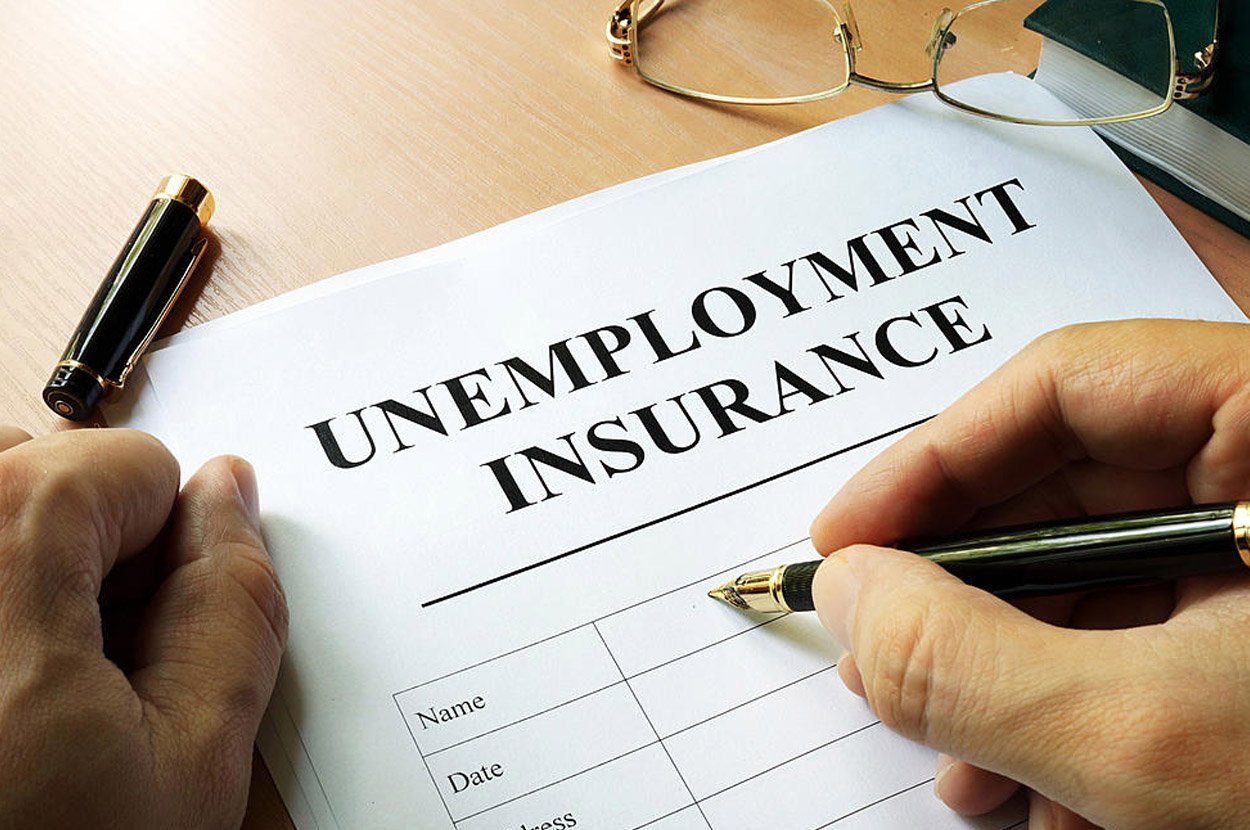The economic impact of COVID-19 on our country has left many individuals facing job loss or furlough. Even those who have remained employed are facing concerns about paying bills and affording daily necessities due to cutbacks or reduced hours. If you've lost your job, been furloughed, or had your hours cut as a result of COVID-19, you may qualify for unemployment.
We know that navigating through these uncertain times can be scary. We've done our best to simplify the process and guide you through it, in case you find yourself faced with these situations.
CARES Act
The first step is to submit a claim so that the Department of Employment and Workforce (DEW) can determine whether your circumstance meets the eligibility requirements of the unemployment benefits program.
As a result of COVID-19, the U.S. Department of Labor published an Unemployment Insurance Program Letter (UIPL) which outlined new eligibility criteria for state unemployment programs under the Coronavirus Aid, Relief and Economic Security (CARES) Act.
The CARES Act follows the actions already taken by the department to provide individuals with much-needed relief during the COVID-19 crisis. Once the CARES Act funds are available, those who qualify should receive up to an extra $600 per week through the end of July.
“As workers across the country make sacrifices to combat the coronavirus, the U.S. Department of Labor is focused on supporting them and their families during a time of economic hardship,” said Secretary of Labor Eugene Scalia. “The Department is offering guidance and support so that States can provide benefits quickly while protecting the integrity of the unemployment insurance system.”
The UIPL outlines several new unemployment programs under the recent CARES Act, including Pandemic Unemployment Assistance (PUA) for those not typically eligible for unemployment programs, such as gig workers.
PUA provides benefits for individuals who are self-employed, seeking part-time employment, or who otherwise would not qualify for unemployment benefits under state or federal law.
For an individual to be eligible, he or she must show that they are capable and available to work, but are currently unemployed, partially unemployed, or unable to work because of COVID-19 related reasons.
Additionally, the Pandemic Emergency Unemployment Compensation (PEUC) program allows those who have exhausted regular unemployment compensation or other assistance programs to receive up to 13 weeks of additional benefits.
States must also offer flexibility in eligibility requirements related to “actively seeking work” if an applicant’s ability to do so is impacted by COVID-19.
Click here for more information on eligibility requirements.
Applying for Unemployment Benefits
Once you determine whether or not you're eligible for unemployment benefits, you can begin the application process.
Click here to begin your application on the MyBenefits portal. For more information on how to navigate the portal, set up an account, or submit a claim, visit the DEW website and view their information guides.
Once you have submitted your application, DEW will review your claim and determine your eligibility and benefits amount. You may be asked to provide additional information to assess your eligibility. If so, this can complete this through the upload feature in the benefits portal, faxed or emailed.
Within a week after applying for benefits, you will receive a Monetary Determination letter in the mail outlining your potential weekly and maximum benefits amounts.
Economic Impact Payment
In addition to unemployment benefits, the United States Treasury Department and Internal Revenue Service will begin distributing economic impact payments to all taxpayers.
In the coming weeks, the IRS will calculate and automatically send the economic impact payment to those who are eligible. For people who have already filed their 2019 tax returns, the IRS will use this information to calculate the payment amount. For those who have not yet filed their return for 2019, the IRS will use data from their 2018 tax filing to calculate the payment. The economic impact payment will be deposited directly into the same financial institution account reflected on the filed return.
Please visit the IRS website for additional information on eligibility and delivery of economic impact funds.
We're Here for You
Although we are social distancing, we're keeping our membership close to our hearts. Carolina Trust dedicates ourselves to our members during this time when we know they need us most. We will continue to share resources and tips to help our members during these difficult times. To stay informed, visit our COVID-19 resources page, which we will keep updated with the latest information.





